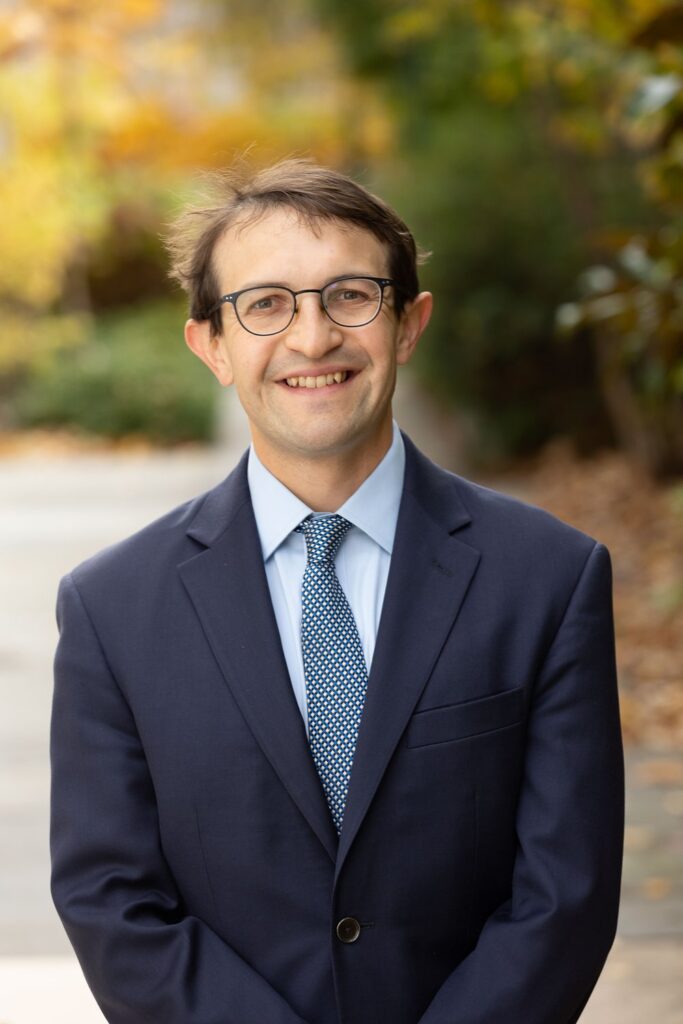Cooperation, Competition and Conflict: US-China relations and Cross-border Threats
(May 31, 2023)
The current state of US-China relations is poor to say the least. In addition to concerns over a potential conflict in Taiwan and opposing policies towards the war in Ukraine, we have witnessed a general deterioration in trust and willingness to partner in virtually any sphere. We are seeing a tit-for-tat sanctioning of companies, deemed “unreliable” or a threat to national security and the banning of Chinese app Tik Tok in parts of the US. High level and military-to-military talks are absent as is dialogue on any global issue. How did we get to this point and what path is their forward? To find some answers, join me for an informative discussion with Dr Scott Moore focused on his book, China’s Next Act – How Sustainability and Technology are Reshaping China’s Rise and the World’s Future. Moore does an excellent job of explaining the importance of Public Goods and the importance of US-China relations to the containment of potentially civilization threatening issues. His perspective comes from a career looking at US-China relations through the prism of emerging cross border themes of environmental, technology, and biomedical developments. Having lived in Hong Kong and mainland China, Moore currently leverages his knowledge at the University of Pennsylvania to provide insights and encourage collaboration between various departments. Moore views Authoritarianism, Nationalism, Protectionism in China as the key barriers to achieving cooperation on pressing issues. And he promotes the concept of competition, while not ideal, as a potential useful dynamic to continue to tackle shared challenges.

Before entering public service, Dr. Moore was Giorgio Ruffolo Post-Doctoral Research Fellow with the Belfer Center for Science and International Affairs at Harvard University. He was also awarded the Council on Foreign Relations International Affairs Fellowship, the National Committee on U.S.-China Relations Public Intellectuals Program fellowship, the Fulbright fellowship, and the Truman Scholarship.
His research and commentary on a wide range of environmental and international affairs issues has appeared in a range of leading scholarly journals and media outlets, including Nature, The China Quarterly, Foreign Affairs, and The New York Times. Dr. Moore holds doctoral and master’s degrees from Oxford University, where he was a Rhodes Scholar, and an undergraduate degree from Princeton
Originally from Louisville, Kentucky, Scott Moore is a political scientist, university administrator, and former policymaker whose career focuses on China, sustainability, and emerging technology. As Director of China Programs and Strategic Initiatives at the University of Pennsylvania, Scott Moore works with faculty members from across the University to design, implement, and highlight innovative, high-impact global research initiatives in areas including sustainability and emerging technology.
Dr. Moore directs Penn Global’s four research and engagement fund programs, including those designed to support faculty-led projects in China, India, and Africa as well as its At-Risk Scholars Program. In addition, Dr. Moore conducts research as an affiliate of the Center for the Study of Contemporary China and The Water Center at Penn, and teaches in the Department of Political Science. His first book, Subnational Hydropolitics: Conflict, Cooperation, and Institution-Building in Shared River Basins (Oxford University Press, 2018), examines how climate change and other pressures affect the likelihood of conflict over water within countries. His latest, China’s Next Act: How Sustainability and Technology are Reshaping China’s Rise and the World’s Future (Oxford University Press, 2022), explores how shared ecological and technological challenges force us to re-envision China’s rise and its role in the world.
Prior to Penn, Dr. Moore was a Young Professional and Water Resources Management Specialist at the World Bank Group, and Environment, Science, Technology, and Health Officer for China at the U.S. Department of State, where he worked extensively on the Paris Agreement on climate change.
